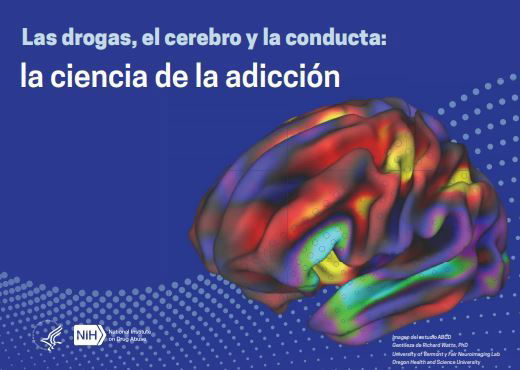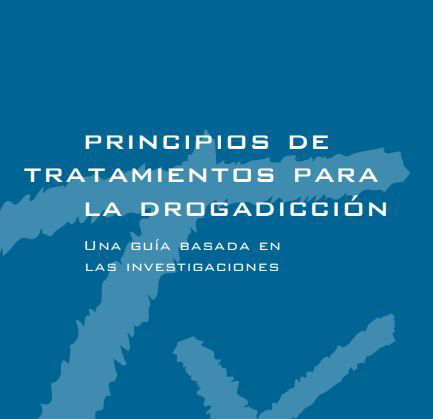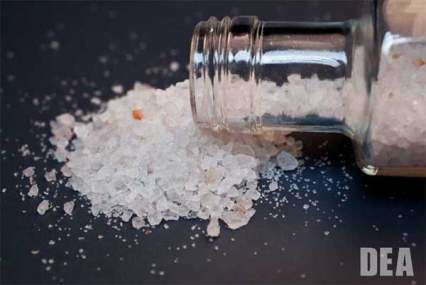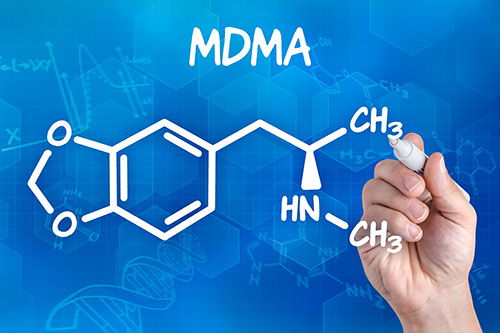JÓVENES
You've probably heard a lot about the opioid overdose crisis in the news lately. But what are opioids? And why are they such a serious problem? Read this article.
Read MoreYou've probably heard a lot about marijuana. But what is marijuana? And why is it such a serious problem? Read this article.
Read MoreYou've probably heard a lot about tobacco. But what is tobacco? And why is it such a serious problem? What is the impact of tobacco use? Read this article.
Read MoreDrugs, brains and behavior: the science of addiction. Why do people use drugs? Do people freely decide to continue using drugs? Why do some people become drug addicts and others don't?
Read MoreDrug addiction is a complex disease, characterized by vehement desire, compulsive and sometimes uncontrollable drug seeking and consumption, which persists despite the extremely negative consequences. Scientific research and clinical practice have demonstrated the value of continuing care in the treatment of addiction.
Read MoreMany people do not understand why or how people become addicted to drugs. What is drug addiction? What happens to the brain when a person uses drugs? Why is it that some people become addicted to drugs and others do not? Can drug addiction be prevented or cured?
Read MoreWhat are synthetic cathinones? How are synthetic cathinones consumed? What effects do synthetic cathinones have on the brain? What other adverse effects do synthetic cathinones have on health?
Read MoreThe use of electronic cigarettes among adolescents. What are electronic cigarettes? What effects do e-cigarettes have on the brain? Do e-cigarettes help you quit smoking?
Read MoreWhat are inhalants? What are the short-term and long-term effects of inhalant use? How can inhalant abuse be recognized? What are the other medical consequences of inhalant abuse?
Read MoreAnswers to frequently asked questions by teens about drugs and abuse with science data and engaging images.
Read MoreMDMA is a synthetic drug that became popular in the 1980s, prompting researchers to begin studying its effects. Research identified a number of potentially serious negative side effects.
Read MoreAnabolic steroid abuse is not driven by the immediate euphoria that accompanies most drugs of abuse, such as cocaine, heroin, and marijuana, but rather by the desire of users to change their appearance and performance, characteristics of great importance to adolescents. Anabolic steroids are dangerous drugs that can cause a series of severe and long-lasting health consequences that, in some cases, can even be irreversible.
Read MoreThe use of methamphetamine has dire psychological, medical and social consequences for its user. It can cause memory loss, aggressive behaviors, psychotic behaviors, damage to the cardiovascular system, malnutrition, and serious dental problems. Methamphetamine abuse has also been found to contribute to the further spread of infectious diseases, such as hepatitis, HIV, and AIDS.
Read MoreSmoking harms almost every organ in the body, causes many diseases, and affects the smoker's overall health. Nicotine, one of the components of tobacco, is the main reason for its addictive power, although cigarette smoke contains many other dangerous chemicals, including tar, carbon monoxide, acetaldehyde and nitrosamines, among others .
Read MoreDrugs known on the street as acid, angel dust, and vitamin K, distort the way the user perceives time, movement, colors, sounds, and himself. These drugs can interfere with a person's ability to think and communicate rationally or even to recognize reality, sometimes resulting in outlandish or dangerous behavior.
Read MoreCocaine is an extremely addictive stimulant that directly affects the brain. Cocaine abuse and addiction continue to afflict our country.
Read More














